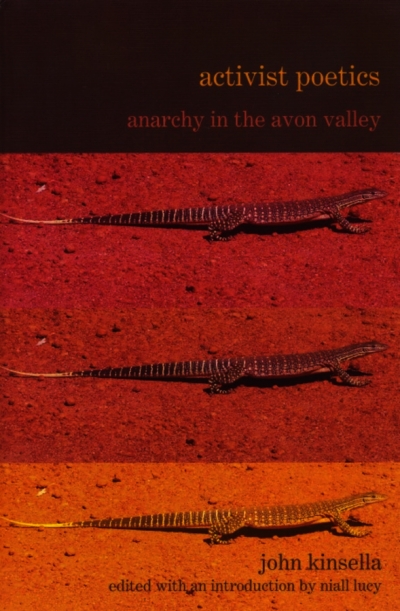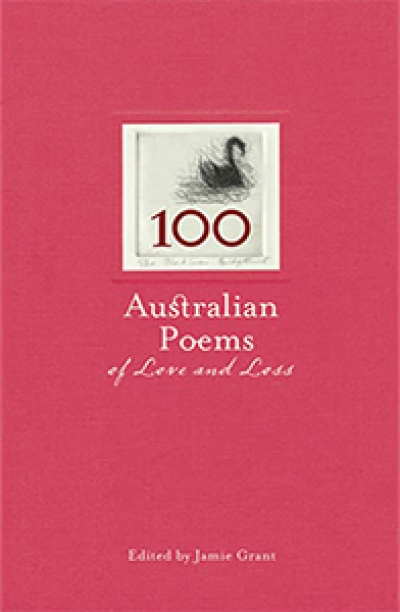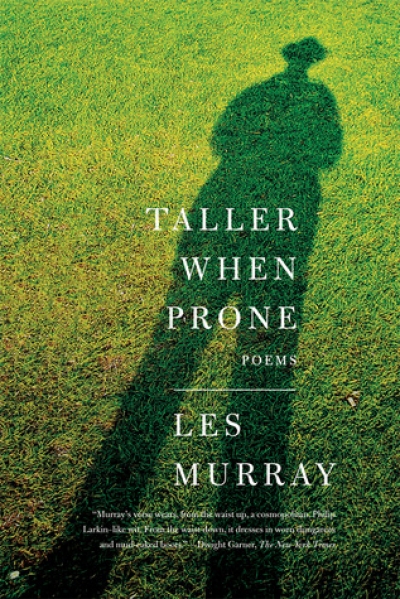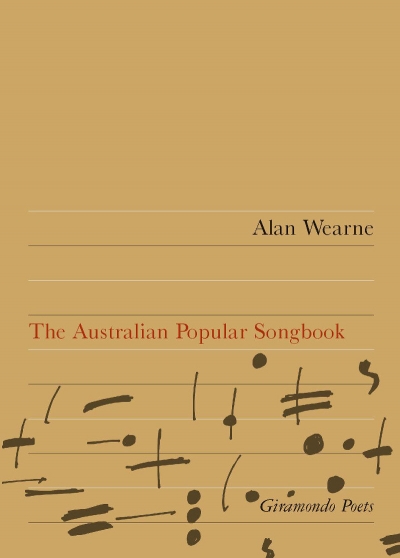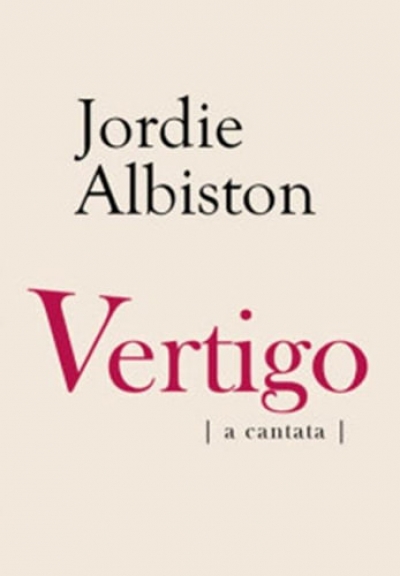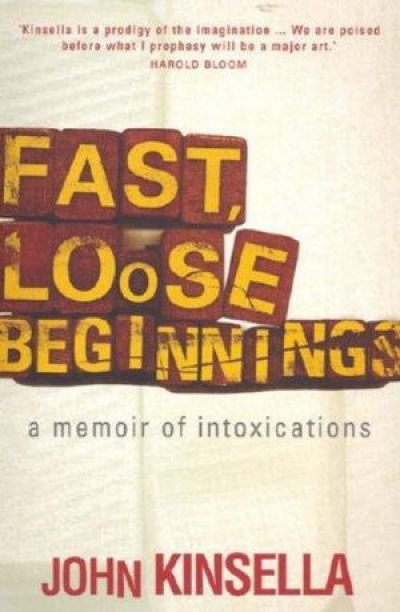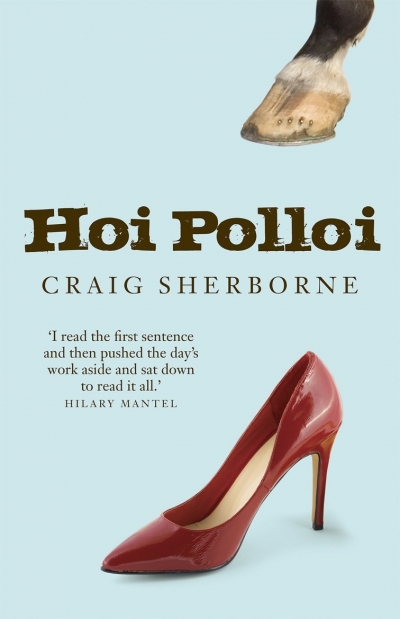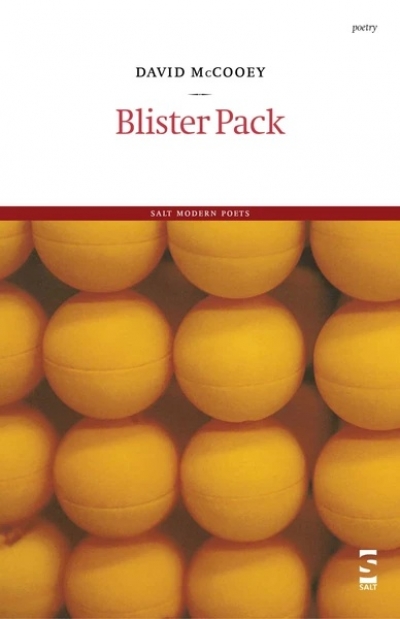David McCooey
Activist Poetics: Anarchy in the Avon Valley by John Kinsella, edited by Niall Lucy
by David McCooey •
A Cool and Shaded Heart by Noel Rowe & Ethical Investigations by Noel Rowe
by David McCooey •
Vertigo edited by Jordie Albiston & Awake Despite the Hour by Paul Mitchell
by David McCooey •
Fast, Loose Beginnings: A memoir of intoxications by John Kinsella
by David McCooey •
Space edited by Anthony Lynch and David McCooey & Island 105 edited by Gina Mercer
by Geoff Page •

